Which way home?
Repatriation drive puts future of newly-weds in limbo; Intermarriages between Pakistanis and Afghan nationals continue, even as Pakistan intensifies efforts to repatriate Afghan refugees

It’s a tedious task, signing two separate marriage certificates belonging to two separate countries, Pakistan and Afghanistan.
As the groom returns the stamped documents, the celebrations continue, growing louder by the hour. But nothing, it seems, can mask the uncertainty hanging heavy in the air, weighing down on the newly married couple.
Sakina, the young bride, is an Afghan national living in Pakistan. Her husband, Asad Jan, is a Pakistani. Not far from here, another house is lit with wedding festivities in Peshawar’s Hayatabad area. Here, the groom is Afghan and his to-be wife a Pakistani.
Both weddings come at a time when Pakistan, host to 1.23 million registered and 600,000 unregistered Afghan refugees since the 1970s, is requesting them to leave.
Over the years, Pakistan has set several deadlines for repatriation. In 2002, nearly two million Afghans returned, according to the United Nations High Commissioner for Refugees. Gradually the number of those leaving plummeted.
But this time, the government seems serious. The new deadline for the Afghan refugees is March 31. Already, 700,000 have returned from Pakistan and Iran, according to the International Organization for Migration.
Noor Wahid, the Afghan groom’s father, admits his family lives in constant fear of deportation. He is exploring all legal options to continue to stay on.
If that fails, “we will apply for immigration to Canada,” he says. “Either way, we are not going back. We are not going back to Afghanistan.”
Other Afghans living in the country agree there is not much to go back to.
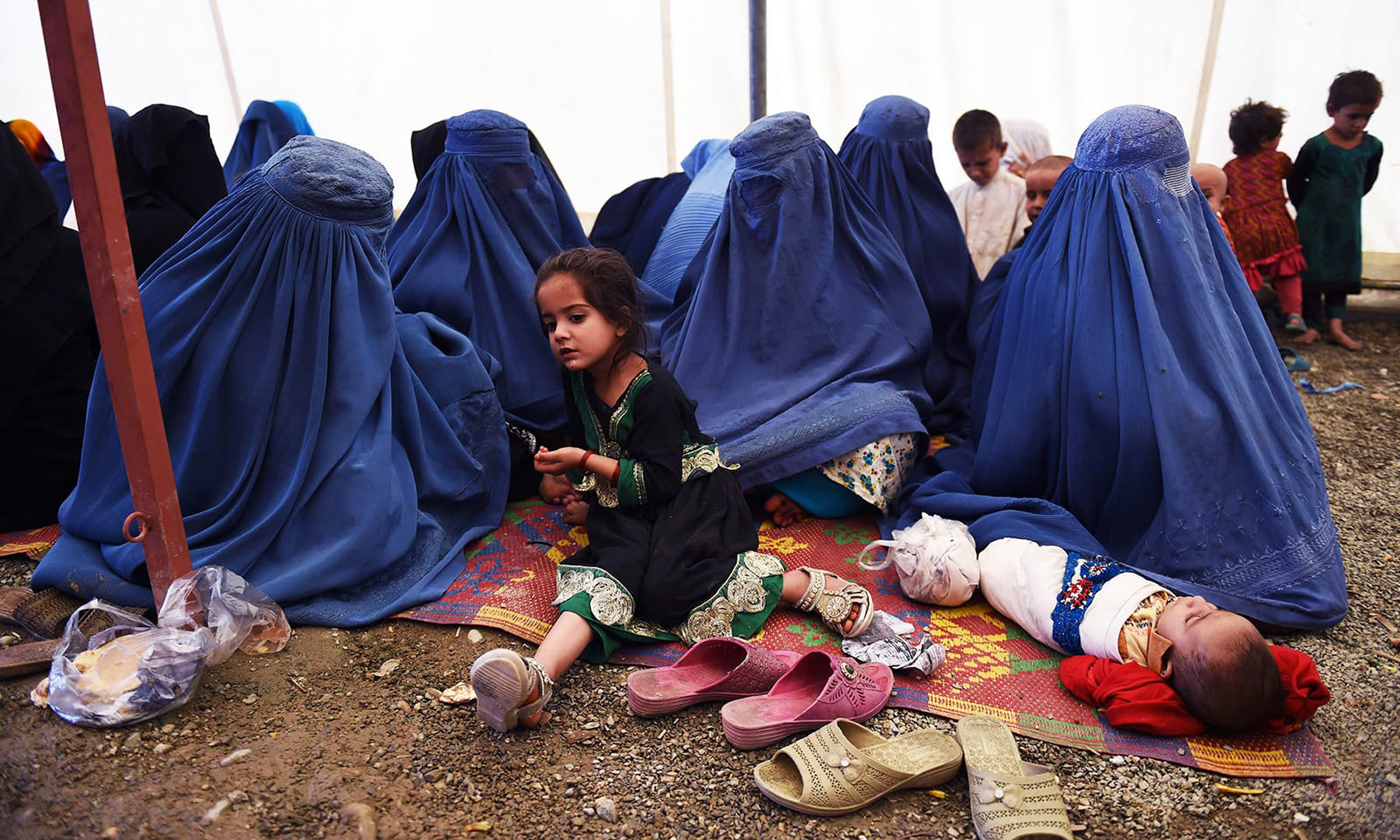
Afghanistan is experiencing an uptick in violence, with increased attacks from Taliban and the newly rooted Daesh. As a result fatalities have gone up. More and more people are being displaced internally.
Last year, 8,397 civilians died in the first nine months of 2016, which is the highest recorded, revealed an annual report by the United Nations Office for the Coordination of Humanitarian Affairs. The only help the struggling Afghan government can provide those exiled, for now, is to house them in primitive tents during the blistering winters.
The United Nations High Commissioner for Refugees repatriation programme has committed to double the stipend for the returnees from $200 to $400. But even that is not a strong enough incentive.
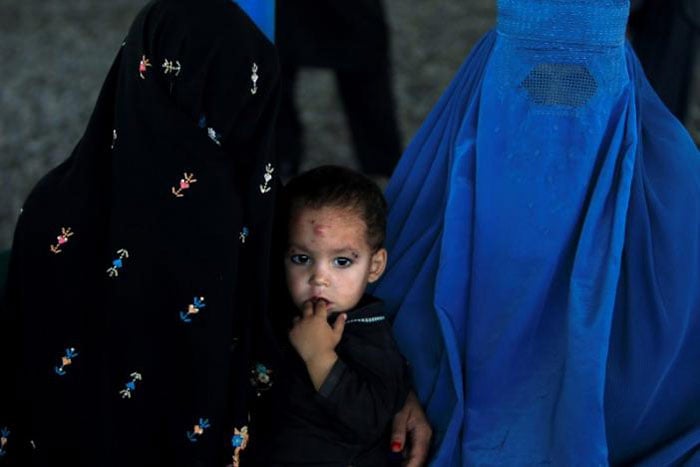
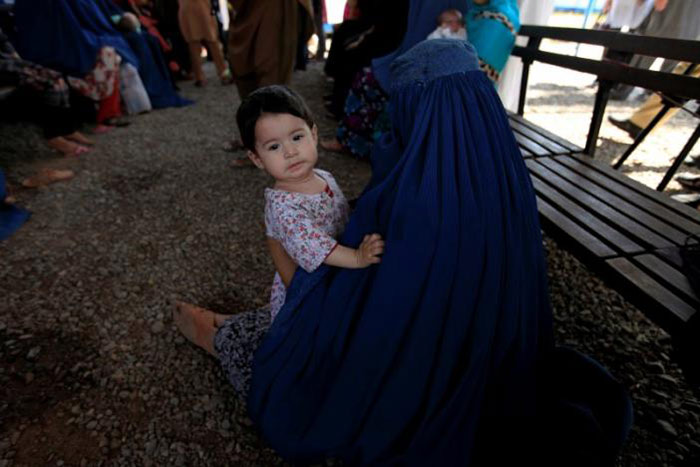
For decades, neighbouring Pakistan has provided safety for the Afghans fleeing their conflicted homeland.
These men and women have little recollection or nostalgia for their life back in Afghanistan. Many were born here; they built their homes here, set up their businesses, brought up their children, and even married in Pakistan. Now, they are not welcome.
Ties between Kabul and Islamabad have also deteriorated, as the two accuse each other of not dealing with militant sanctuaries.
Pakistan isn’t the only country sending Afghans home. The anti-immigrant rhetoric is building up internationally.
Last year, the European Union and Afghanistan finalised a controversial deal to deport unlimited number of Afghan refugees. Kabul would receive $15 billion in return. Iran is also sending Afghans back over the land border.
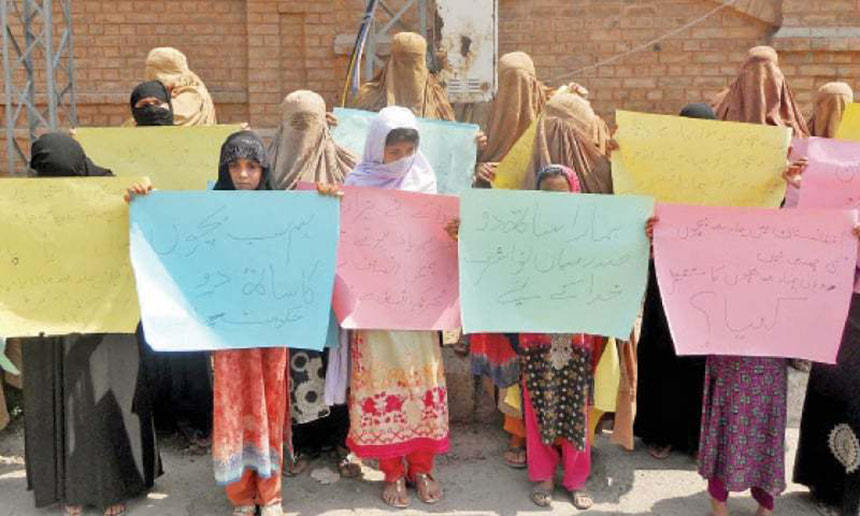
In September, dozens of Pakistani women, married to Afghan men, stood outside the Peshawar Press Club to protest the forceful repatriation of their spouse. Several have now approached the court for help. Intermarriages are often seen as a way of integration. However, under Pakistan’s laws a foreign woman can acquire citizenship through marriage, but a foreign man cannot.
“Pakistan does not offer its passport to men from Afghanistan, Iran and India,” explains Noor Alam, a Peshawar-based advocate, who has been representing several Afghan refugees in Pakistani courts, “because of the hostility with these countries and this war of intelligence.”
In August, Interior Minister Chaudhry Nisar Ali Khan told the parliament that children of Afghan refugees will not be issued citizenship documents, even if their mothers are Pakistani.
On the other hand, Pakistan’s rival India has relaxed procedures for asylum seekers.
Refugees registered with the UNHCR are given cards that provide them access to medical and education facilities. Getting a work permit is also easier in the country. According to some reports, over 14,000 Afghans refugees have made the journey to India.
But many others are not too keen.
“Afghan refugees do not want to live in an environment that is not familiar to their religion and culture,” says Alam.
Sabih Jan, from Afghanistan’s Badakhshan province, who has recently arrived in Peshawar for treatment, says that while Indian airlines have slashed airfare for Afghans traveling to India for healthcare facilities, he prefers to come to Pakistan.
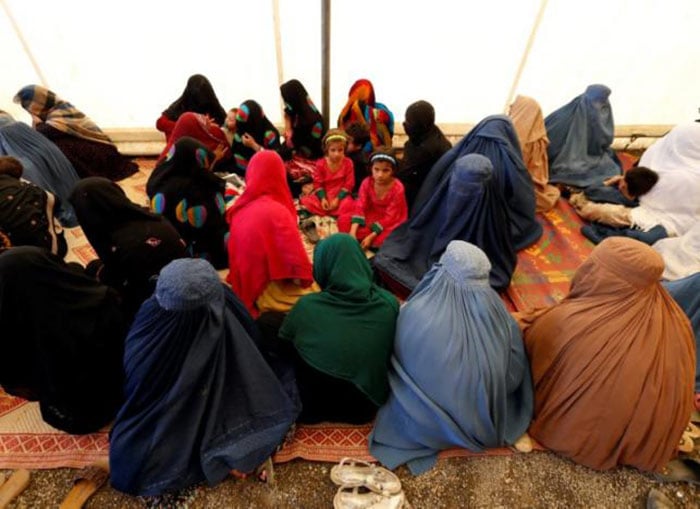
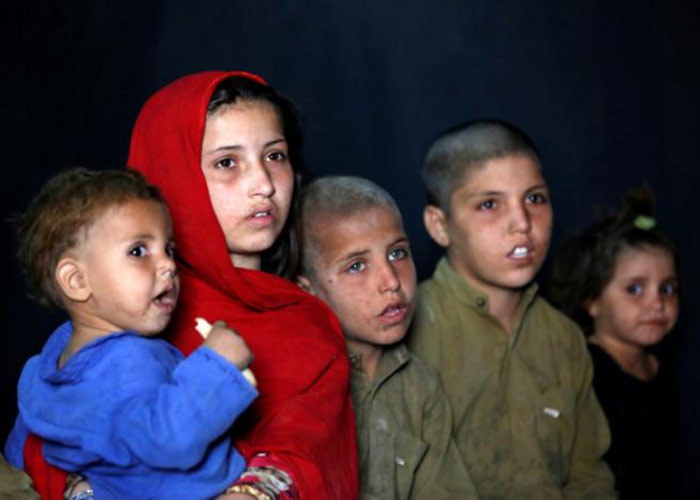
In the meantime, it seems Pakistan is having a change of heart.
Prime Minister Nawaz Sharif’s government is deliberating on extending the stay yet again, from March to end December, an official of the federal government, choosing to remain anonymous, told Geo.TV.
And even as the exodus continues, Pakistan is allowing some to stay on.
Rules have been relaxed for Afghan families returning to the country for medical treatment, Geo.TV learnt after talking to those crossing over, as long as they can show the doctor’s prescription at the border.
The clampdown on Afghan students, traders and women married to local men, has also reduced after a delegation of refugee leaders met Pakistan Tehreek-e-Insaf chief Imran Khan and the chief minister and governor of Khyber Pathtunkhwa as well as other leaders.
“We are just asking for some time,” said a member of the delegation “to wrap up our businesses, to let our children finish their education. We also want to request an amicable solution to the intermarriages.”
Till then, for the newly married couples in Hayatabad, and many others like them, it is unclear if their life together would begin in Pakistan or Afghanistan.




